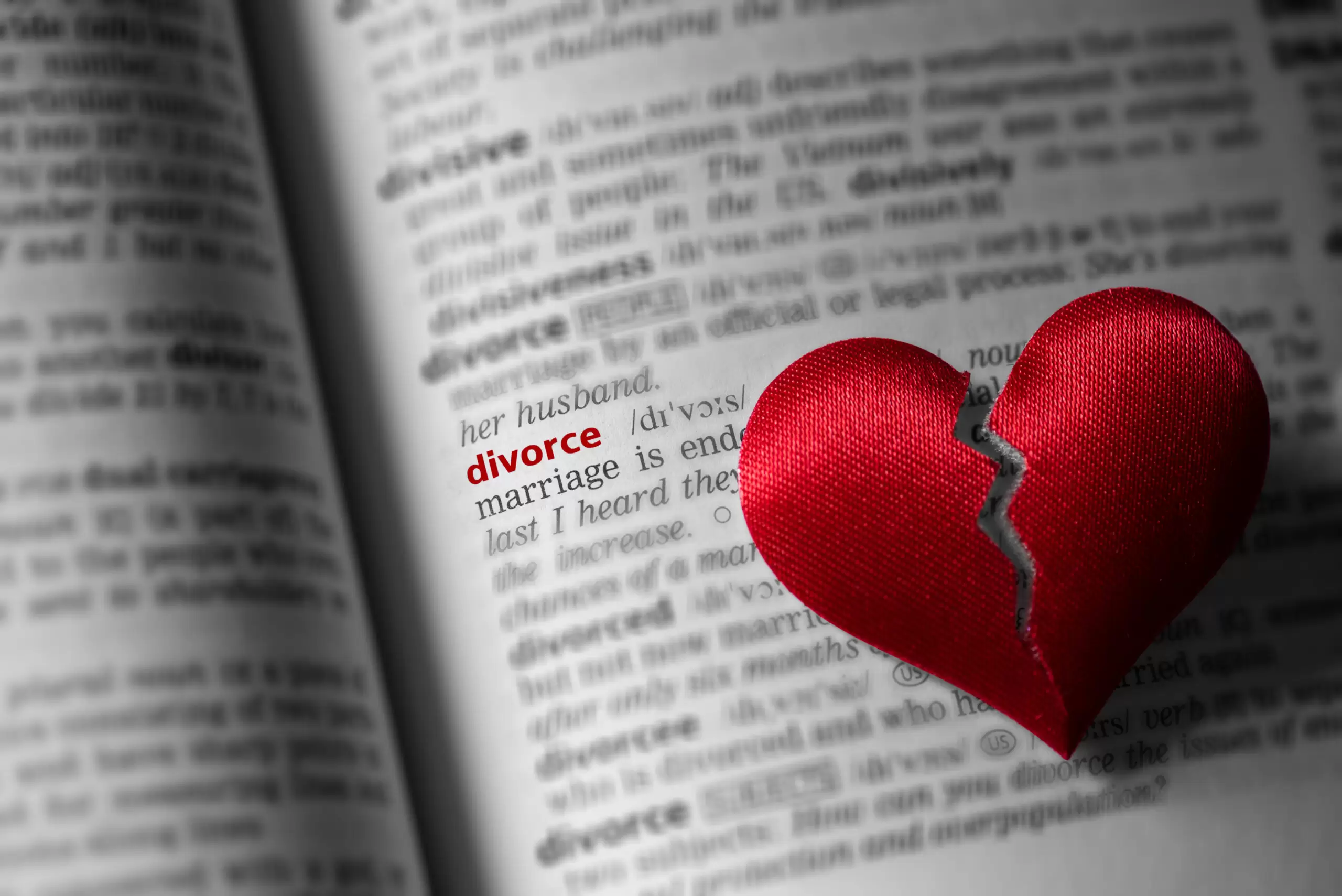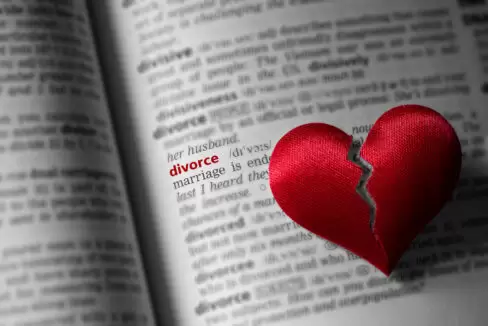
Divorce can be one of the most challenging life events. It impacts the personal, financial, and emotional aspects. For many, navigating post-divorce reality without a prepared backup plan can lead to unexpected consequences. Here are 10 common consequences of divorce that affect the quality of life for those involved.
1. Financial Instability

One of the most notable consequences of divorce is the financial instability that comes with the process. It can cost thousands of dollars to be legally separated from your surprise. Moreover, transitioning from dual to single-income households can be jarring. Expenses like alimony, child support, and the division of assets can further strain one’s financial situation.
2. Loss of Identity

Some people can get by after a divorce with a solid backup plan. It’s difficult to prepare, though, for the prominent loss of identity one feels after a split. Being part of a couple for a long time can intertwine your identity with that of your spouse. Post-divorce, individuals often experience a loss of who they are on their own.
3. Emotional Turmoil

The end of a marriage is a deeply personal experience that triggers many intense feelings. You may experience a rollercoaster of emotions, including sadness, anger, relief, and fear. Without a solid support system or coping strategies, these emotions can be overwhelming. Seek emotional support through friends, family, or professional counseling.
4. Change in Social Circles

In all likelihood, you shared many of the same friends as your spouse. Divorce can affect these social relationships. Mutual friends may feel compelled to choose sides, or some might withdraw altogether, uncomfortable dealing with the changed dynamics. After a divorce, it’s important to build a new social circle or strengthen the bonds you had with friends before the relationship.
5. Impact on Children

For spouses with children, navigating divorce can be particularly complex. There are many negative effects of divorce on children, who aren’t always sure why the separation is occurring. Custody issues are also challenging to navigate. Parents need to focus on effective co-parenting strategies that prioritize the well-being of their children to mitigate negative impacts.
6. Housing Instability

Did you and your former spouse share a home? You’ll need to immediately figure out new living arrangements following the separation. Whether it’s buying out the mortgage, selling a shared home, or moving to a new place, these changes can contribute to a sense of instability and dislocation. It completely changes the life you were used to living.
7. Career Adjustments

Because of all the lifestyle changes after a divorce, you may find that you need to make some adjustments in your career as well. Non-working spouses may need to return to the workforce, while others may need to increase their work hours to manage financially. This can be a challenging adjustment for many people to make. They may even need to go back to college or pay for additional training to find employment.
8. Changes in Lifestyle

Aside from finding a new home and adjusting in your career, another post-divorce reality is a change in lifestyle you may not have anticipated. You may not have as much time and money for leisure activities like reading. Now you have to do all the dishes and mow the lawn. Adjusting to these new realities can be a source of frustration.
9. Legal and Administrative Challenges

Get ready for some headaches while navigating the aftermath of a divorce. The process involves a plethora of legal and administrative tasks. You may need to change your name, update legal documents like wills, and deal with ongoing legal disputes or settlements. These tasks can be tedious and emotionally draining without proper guidance.
10. Rediscovery and Personal Growth

Not all the effects of a divorce have to be bad. Many find it an opportunity for personal growth and rediscovery. Freed from an unhappy marriage, individuals often pursue interests, careers, and relationships that were previously sidelined. The world suddenly seems brighter.
Moving On

Divorce without a backup plan can lead to numerous unforeseen challenges. It may seem like negative thinking to enter a marriage thinking of divorce in the future, but you owe it to yourself to be prepared for anything. You don’t have to be caught off-guard by the negative consequences of divorce. It’s possible to navigate this difficult transition by embracing support systems, focusing on self-care, and seeking professional advice as needed.
Read More:
13 Clues That Your Marriage Is Headed For Divorce
How to Help Your Child Cope With a Difficult Divorce

Alyssa Serio has been a writer and editor since graduating from Aurora University in 2014. In her free time, she loves reading, playing volleyball, and watching any horror movie (even the bad ones) with her husband.

